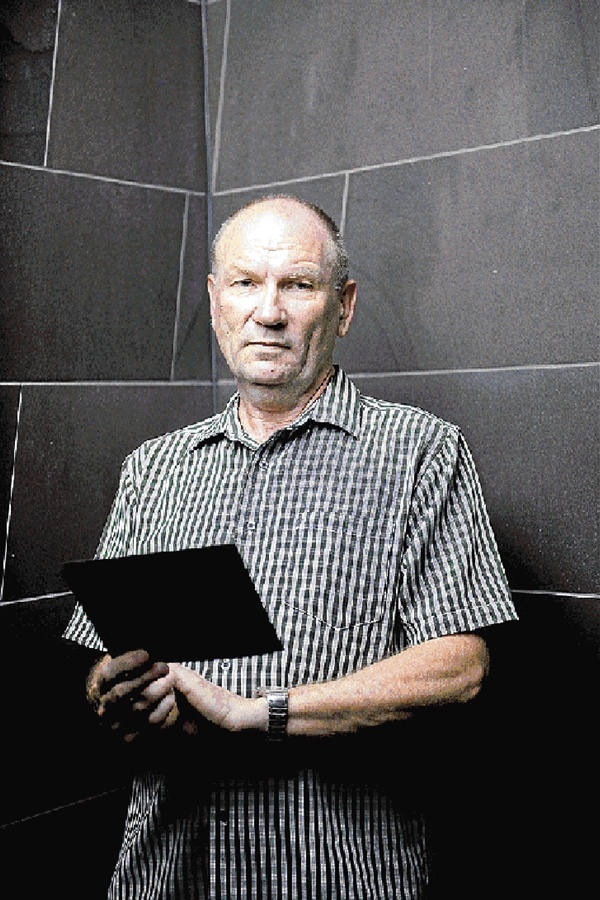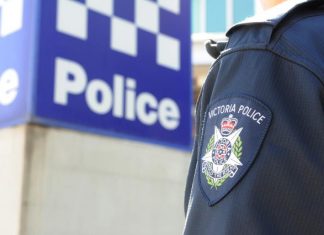FAMILIES affected by the practice of forced adoptions have welcomed the state government’s decision to make a formal apology.
Bacchus Marsh’s Gary Coles said he had only just begun to forgive himself for abandoning his baby 45 years ago.
A significant step towards inner peace was meeting his son, “Mark”, in 2009.
Mr Coles said that in 1967, as a 21-year-old student, he didn’t have the financial or emotional support of his parents to help raise the son he conceived with girlfriend Kay.
As reported by the Weekly in March, the birth was kept a secret from Kay’s Catholic parents and Gary eventually left his home country, New Zealand.
Under draconian forced adoption regulations in place in New Zealand and Australia at the time, the baby was taken away by authorities.
A Senate committee inquiry has estimated as many as 250,000 babies were taken between the 1950s and ’70s, mostly from young and single mothers.
Premier Ted Baillieu last week announced an official apology would be made on October 25.
Association of Relinquishing Mothers secretary Jo Fraser said the move was welcome.
“We want a sincere apology, which acknowledges the immense pain that has been caused,” she said.
“There are seven stages of grief, with the last one being acceptance.
“But these women have never been able to accept it. People need ongoing counselling from specialised professionals who know all about adoption issues.”
Ms Fraser said the Weekly’s story on forced adoptions earlier this year helped several Melton women engage with support service Relinquishing Mothers.
For Melton’s Bev, who did not want her surname published, relinquishing her daughter was the only logical step forward. In Collie, Western Australia in the early ’70s, Bev fell pregnant to her father, delivering Elizabeth two days after her 15th birthday.
Bev met Elizabeth for the first time about 10 years ago; Elizabeth only learnt the truth about her father that day.
“It was very emotional,” she said. “It was harder on her than it was on me. She took it all right considering … she didn’t blame me.”
Mr Coles admits an apology will take the edge off, however slightly, the mistake he made as a young
man. Although he’s quick to point out none of this is about him, but rather the mothers and the children they were forced to relinquish.
“They [the mothers] were essentially blocked by social workers, hospital authorities and even their parents.
“[The apology] gives validation for those who suffered, it confirms the practices causing so much grief and trauma did take place, and it provides a commitment that these practices will never happen again.”







